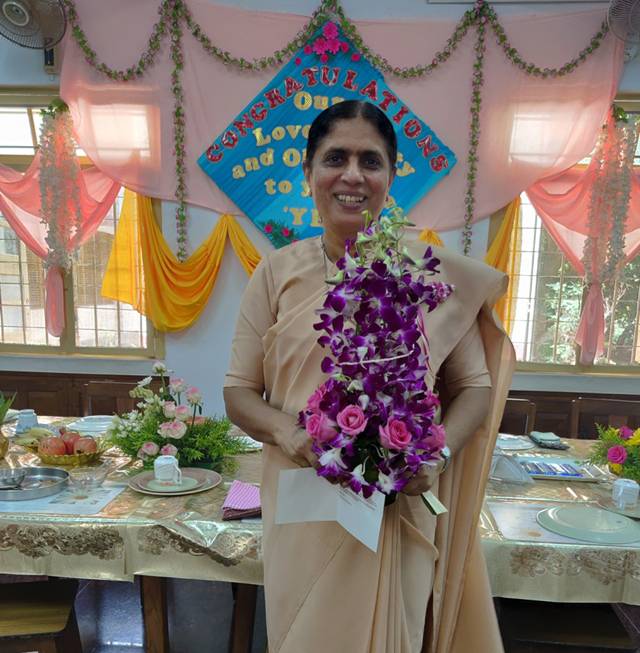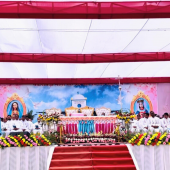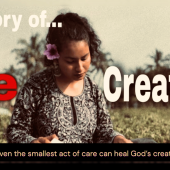New CRI leader suggests “grievance cell” to accompany nuns without judgment, stop the blame game

The new leader of the Conference of Religious in India (CRI) suggests starting a “grievance cell” to accompany nuns without judgment. The nun called for more lay participation and to stop blaming “patriarchal systems and clergy suppression.”
It is high time we recognized the issues faced by women religious, and affirm the role of the laity in the church, says the president of Conference of Religious in India (CRI), Sister Maria Nirmalini AC, who is also the superior general of the Apostolic Carmel Congregation.
CRI is the national body of religious major superiors in India.
She called for promoting lay participation at all levels within the Catholic Church.
"We kept them (the laity) away so far since we were afraid of sharing our power and assets," Sister Nirmalini says in an interview on The Global Sisters Report. " I am happy that some congregations are promoting lay associates. This is a good move. Vocations to congregations are dwindling. So the only alternative is to promote lay associates."
Sister Nirmalini, a well-known educator, assumed office in January this year. As CRI president, she represents more than 130,000 Catholic women and men religious, of which over 78 percent are nuns.
She also heads the CRI women's section.
On the subject of the role of women religious in India, the CRI president points out that there are over a thousand doctors, hundreds of lawyers, thousands of teachers, several engineers, social workers, psychologists, and other professionals among the women religious.
According to the CRI directory, India has more than 103,000 members in 292 women religious congregations.
"Our educational institutions are centres for transformation and empowerment. Our medical facilities give healing touch to all; our social work centres act as tools for justice, freedom and dignity for the least and the lost ones in society", she says.
" And yet, we remain dependent, helpless and obedient. Our strength is our capacity to transform others, and our weakness is our ignorance about our power,” she says.
Though nuns have a significant role in society, "but sadly we have not realized our strengths or asserted our dignity as God's chosen women," Sister Nirmalini says.
As head of the women's section of CRI, the priority is to activate a "grievance cell" with representations from women religious doctors, psychologists, lawyers, counsellors and spiritual guides.
The forum will provide "confidential listening" to sisters from any congregation and ensure support. She said that the thrust is not to make judgments but to provide a platform for "listening, counselling and accompaniment.
"Until now, we have not provided our sisters a platform to at least listen to them, forget about giving them support. We kept blaming patriarchal systems and clergy suppression. Time has come to empower sisters to become assertive and remain dignified while playing creative roles within the church." she says.
Radio Veritas Asia (RVA), a media platform of the Catholic Church, aims to share Christ. RVA started in 1969 as a continental Catholic radio station to serve Asian countries in their respective local language, thus earning the tag “the Voice of Asian Christianity.” Responding to the emerging context, RVA embraced media platforms to connect with the global Asian audience via its 21 language websites and various social media platforms.
















- Reply
Permalink